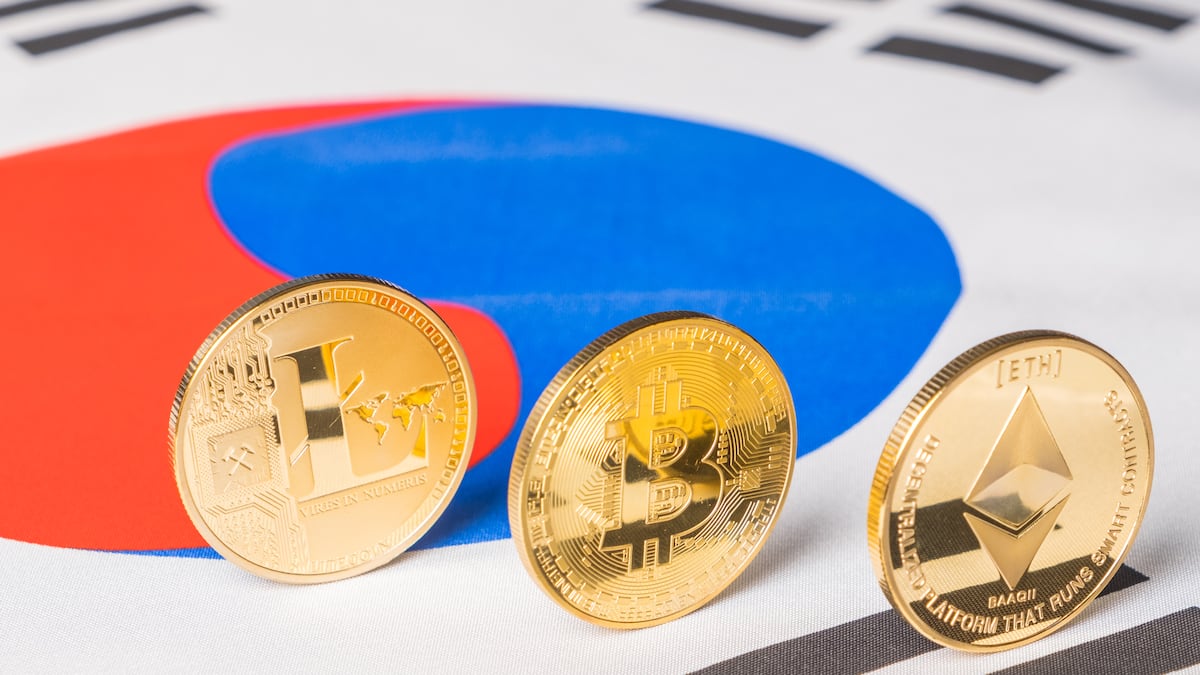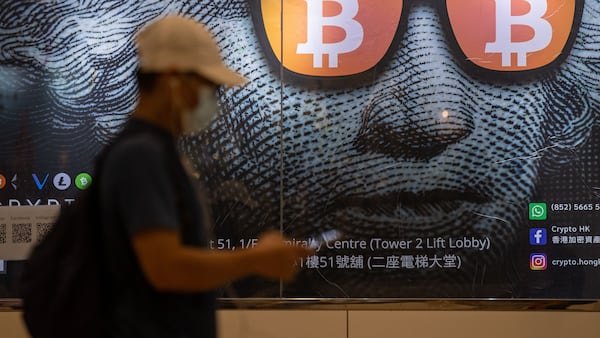- The People Power Party wants to hold off on a new crypto tax until 2028.
- Investors fear crypto taxes will be a blow to a fragile market.
- The Korean won facilitated $456 billion in crypto trading in the first quarter.
Lawmakers from South Korea’s ruling People Power Party have proposed delaying the implementation of a 20% tax on crypto trading profits until 2028.
The proposal, submitted last week, comes amid concerns that a rapid imposition of taxes may drive Korean investors away from a crypto market already buffeted by negative sentiment.
The proposed tax rules would require investors to pay the steep tax on annual gains exceeding 2.5 million won (approximately $1,800).
In stark contrast, capital gains tax on stock trading in South Korea only applies to profits exceeding 50 million won (around $36,000). The discrepancy has drawn significant criticism from the crypto community.
Debate over tax policy
After soaring 65% in the first quarter, Bitcoin has dropped 9% since March 31 in a market buffeted by macroeconomic forces and spikes in supply.
The debate over this taxation policy has led to multiple delays since its intended introduction in 2021.
As part of its election campaign earlier this year, the centre-right People Power Party pledged to postpone the tax’s implementation by two years.
This aligns with their broader strategy to support the digital asset market while establishing a comprehensive regulatory framework.
Despite its relatively small population of just under 52 million, South Korea wields significant influence in the global crypto market.
In the first quarter of this year, the Korean won facilitated $456 billion in crypto trade volume, surpassing the $455 billion traded using the US dollar.
The proposed tax delay is part of a broader suite of regulatory measures aimed at curbing potential excesses and ensuring market stability.
VASP law
Later this week, South Korea will roll out its Virtual Asset User Protection Act. The legislation mandates virtual asset service providers, or VASPs, to segregate user deposits and virtual assets from their own holdings while also introducing measures to combat unfair trading practices.
The government is also laying the groundwork for a comprehensive digital asset framework designed to impose greater oversight on the virtual asset service industry.
Callan Quinn is DL News’ Hong Kong-based Asia Correspondent. Get in touch at callan@dlnews.com.







